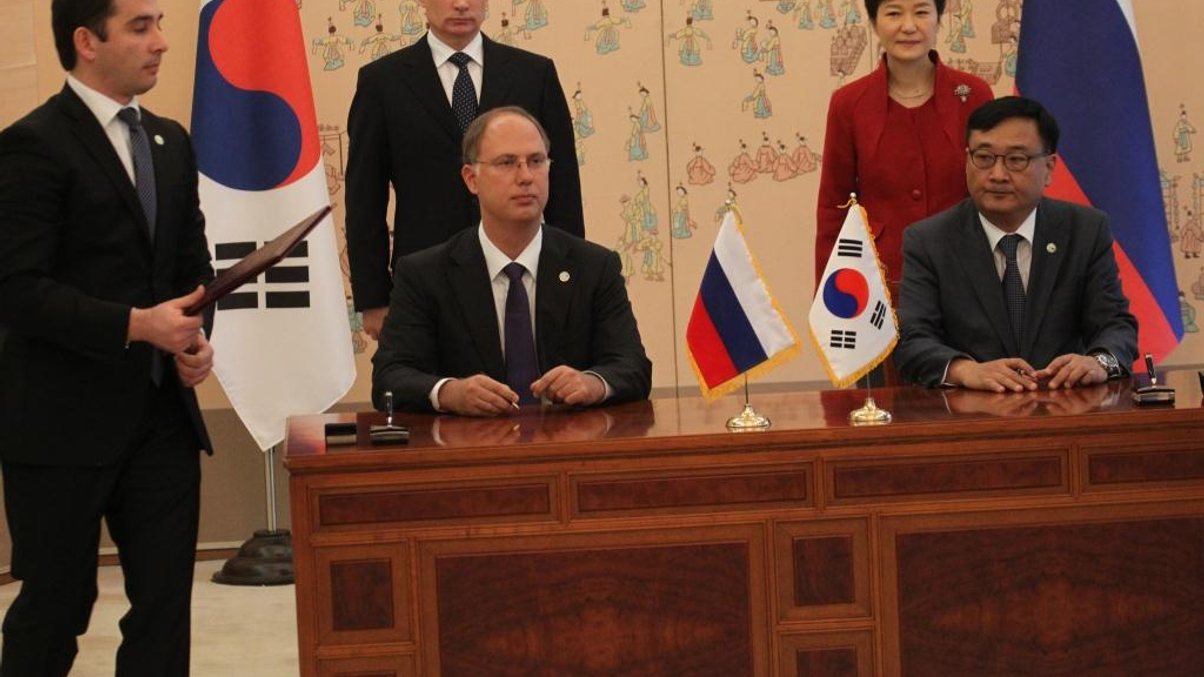KIC inks deal on cross-border PE platform
Korea Investment Corporation has signed an MoU for a co-investment platform with Russian state fund RDIF to look at forestry and infrastructure deals, among others.

Korea Investment Corporation, the nation’s fast-growing $65 billion sovereign wealth fund, has agreed to form a cross-border platform for private equity co-investments with Russian state fund RDIF.
Sign in to read on!
Registered users get 2 free articles in 30 days.
Subscribers have full unlimited access to AsianInvestor
Not signed up? New users get 2 free articles per month, plus a 7-day unlimited free trial.
¬ Haymarket Media Limited. All rights reserved.


